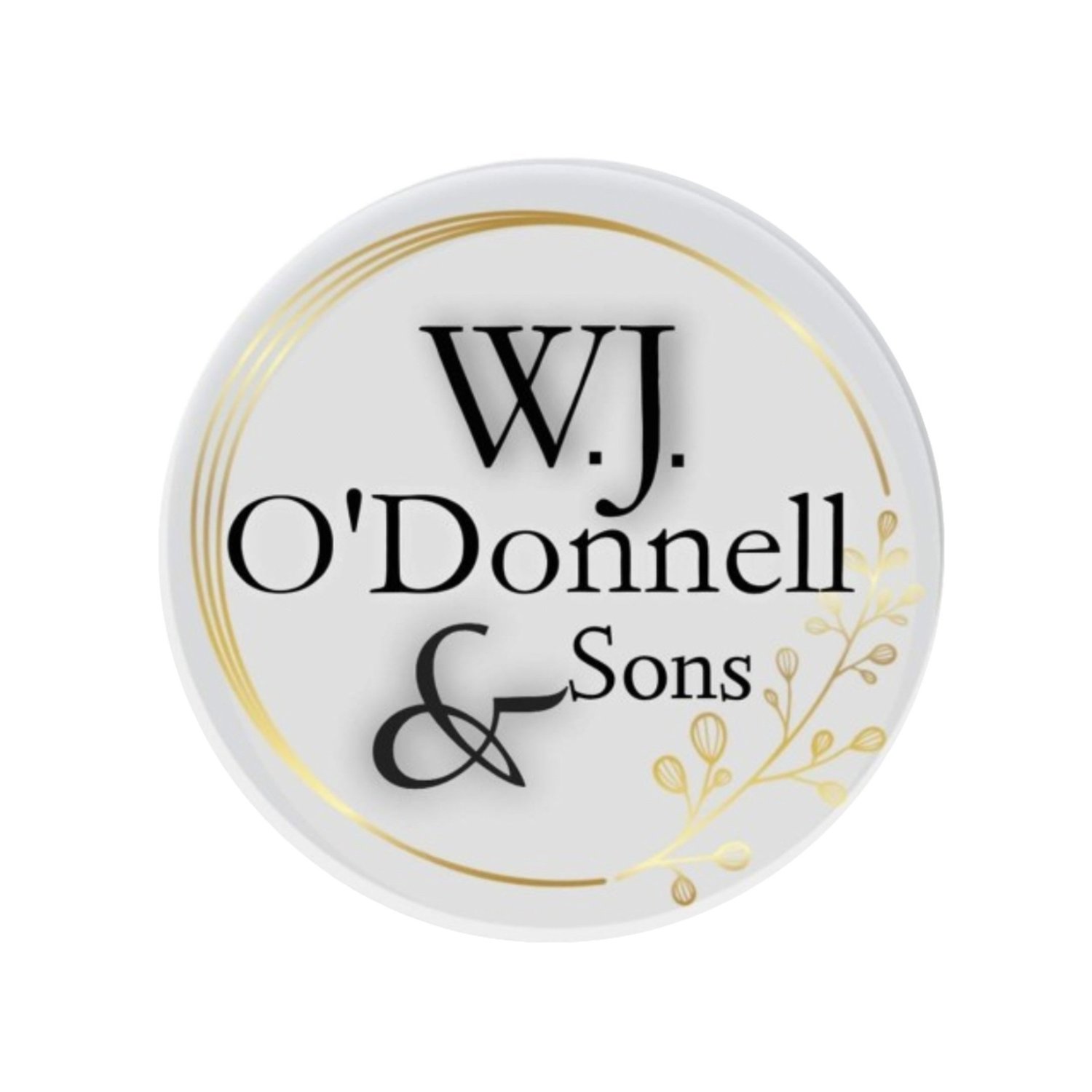The Irish language, Gaelic, has had a significant impact on Irish culture, including the terminology used in various domains. In Gaelic, the term "undertaker" translates to "fear marbh" or "marbhleoir," which directly refers to a person involved in handling the deceased. This linguistic influence has contributed to the preservation of the term "undertaker" in Irish vernacular, reinforcing its cultural significance.
However…
As an Irish undertaker with over 40 years of experience, I have witnessed firsthand the remarkable changes that have taken place in the funeral industry.
Tracing the origins of funeral traditions to embracing the advancements of technology and social media, the journey has been both fascinating and transformative.
Tracing the Origins of Irish Funeral Traditions:
Ireland has a rich cultural heritage, and its funeral traditions are deeply rooted in history. The Irish wake, which is a traditional gathering held in the home of the deceased, has been a significant part of Irish funeral customs for centuries. It was a time for family, friends, and the community to come together to mourn, remember, and celebrate the life of the departed. The wake involved prayers, storytelling, music, and, of course, a generous amount of food and lots of alcohol.
Ancient Rituals and Traditions
In ancient Ireland, the role of the undertaker was deeply intertwined with religious and cultural practices. Funerals were elaborate affairs, with rituals and ceremonies designed to honor the deceased and guide their souls to the afterlife. Undertakers, known as "keeners," were responsible for preparing the body, constructing the casket, and organising the funeral procession. These early undertakers played a vital role in the spiritual and emotional well-being of the community
Progress in the Funeral Industry:



















